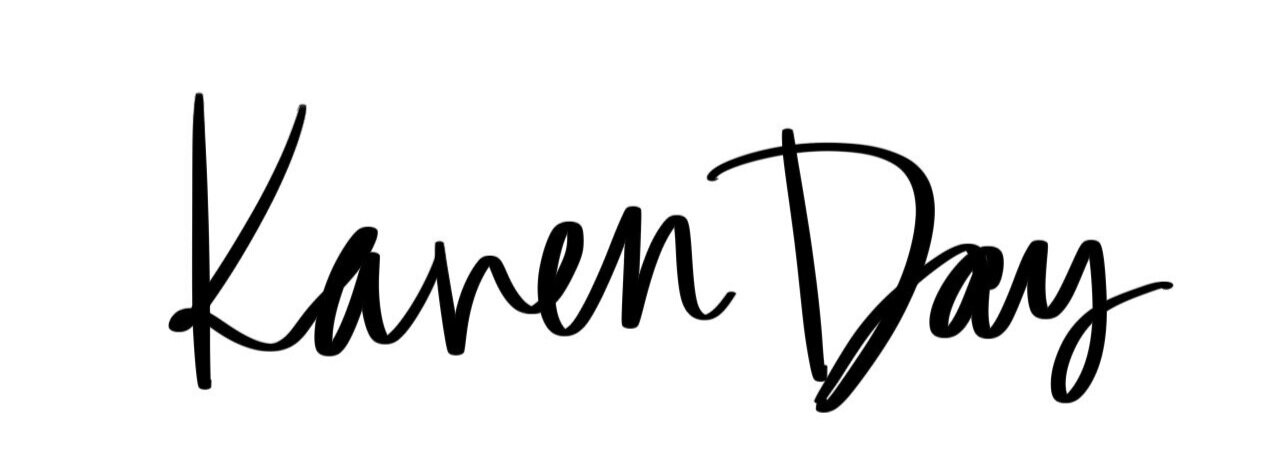Last night in a fiction writing workshop for local fourth and fifth graders, I gave students a variety of writing prompts from which to choose, as I typically do. I love working with kids this age. It gives me such satisfaction and pleasure to watch them brainstorm, plan out and then write their scenes. Over the years I've read wonderful writing, hilarious writing, scary writing. I once had a girl who started out not at all confident evolve into a strong writer with a solid voice. Sometimes kids write about their lives and families. Some write about other worlds. Some include famous people in their works. Baseball stars. Professional singers. Last night was the first night students included politicians.
It makes sense that kids would write about Hillary Clinton and Donald Trump. How could they not? The ugly election is ubiquitous. It's talked about on the playground, in classes, around the dinner table, on the bus. I am a proponent of this. Politics and world events are a constant at my dinner table. But what worried me last night wasn't the political presence in my students' writings. It was HOW they were presented, specifically Donald Trump.
Hillary arrived riding a unicorn in the dream of one of my student's characters. It was funny and absurd (and yes, I saw this as symbolic, but that's for another time). Donald Trump, in a different student writing, showed up in a more menacing way. He burst into the main character's classroom, screaming that he wanted to make America great again, throwing water bottles at everyone and threatening them. He then kidnapped the students and put them all in straight jackets.
Say what?
My student meant this as humor. His writing was crisp and action packed and certainly followed a narrative arc. He was being absurd and sarcastic. And yet his depiction of a threatening, menacing Trump worried me. The mom in me (and the arm chair psychologist) sees student writings as windows into their unconscious. If this is true, was my student -- in addition to looking for a laugh -- also depicting his own worries about a Trump presidency? Which eventually pointed me to this: in our media saturated world, we can't stop kids from reading and listening to political rhetoric. But we damn well better be paying attention to how it affects them. Actions, threats and words have consequences. Are we ready to deal with the emotional fallout of all this?
I'm interested in what other teachers are experiencing. How does the election show up in your student writing? Do you see worries and fear? Frustration? How do you address this?
.
